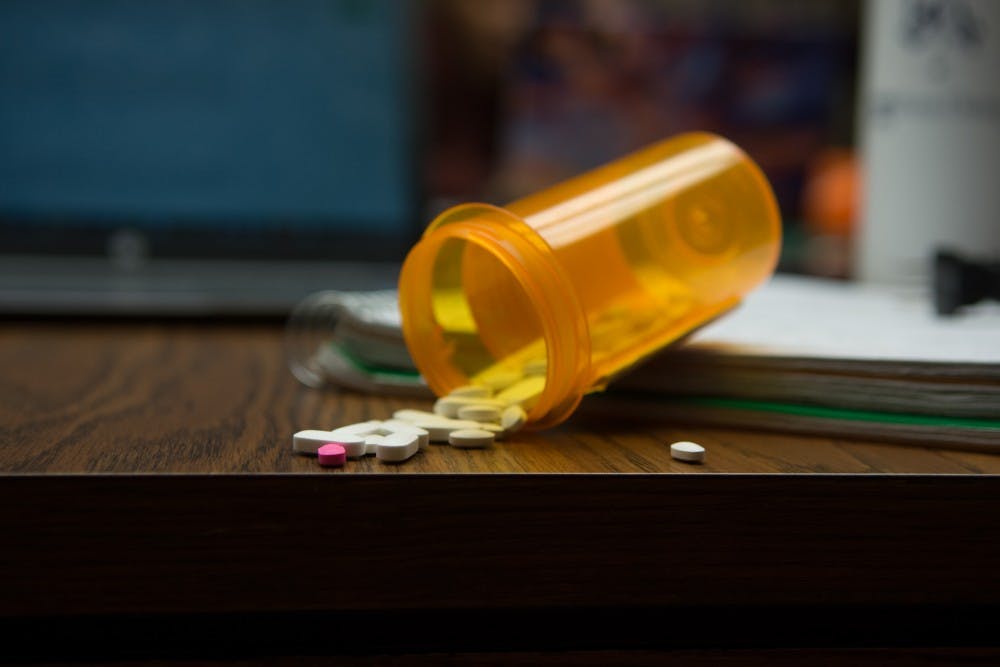
Penn Medicine researchers found that automated technologies, such as electric pill bottles and text message updates, did help patients adhere to their medication schedule but did not help to lower blood pressure.
The study, led by Perelman School of Medicine professor and Penn Med's Associate Chief Innovation Officer Shivan Mehta, aimed to reduce inconsistent self-administration of medication in patients with high blood pressure. The research, published in the Journal of General Internal Medicine, tracked the adherence rates of 149 patients in Philadelphia who take blood pressure medication.
The patients were divided into three groups: one given electric pill bottles, another with text message reminders, and one control group with no technological aids. Through Penn Med's Way to Health web-based platform, researchers received a notification each time the patients' electric pill bottles were opened and sent the patient a text message congratulating them on taking their medications. If the bottles were not opened, the patient would receive a reminder.
The two-way text messaging platform, also powered by Way to Health, sent daily text messages to patients asking if they had taken their medication. Patients would respond with either “yes” or “no" and also were reminded whether or not they had taken their pills the day before.
“For this study, we hypothesized that bidirectional — two-way, conversational — text messaging could have similar functionality, but with better user experience,” Mehta told PennMed News. "However, we did not see a difference in blood pressure for either method.”
The researchers found that both groups that used the electric pill bottles and two-way texting had high adherence rates of nearly 80%.
The team also learned that patients in the control group had similar adherence rates to those in groups with technological support methods. Mehta said there was the possibility that the patients may have needed higher doses of their medications, or new medications, to lower blood pressure levels.
The Daily Pennsylvanian is an independent, student-run newspaper. Please consider making a donation to support the coverage that shapes the University. Your generosity ensures a future of strong journalism at Penn.
Donate



